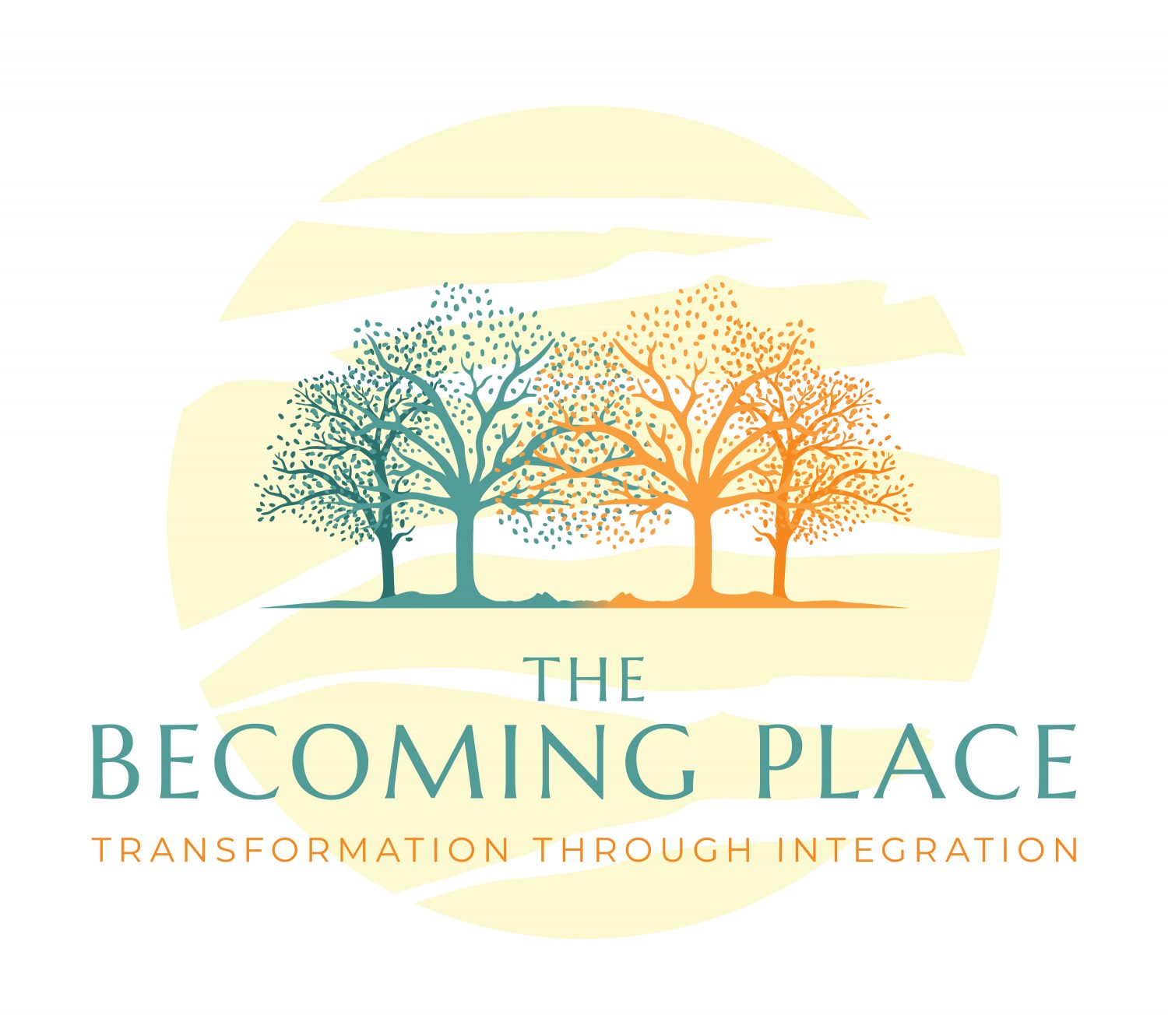It’s there — looming behind you.
The thing that you need to do.
Have to do.
Yet are not doing.
The guilt nags at you. You are supposed to do the thing. You want to do the thing. You tell yourself you are absolutely going to do the thing.
And yet you don’t.
It doesn’t matter if this time the thing is a paper to write, a phone call to make, or a project to finish. The process looks the same.
Suddenly everything else in your life becomes more compelling.
Netflix is calling you.
The dishes need to be done.
You need to check your email.
Again.
And somehow another hour, another day, go by without getting to the thing.
You have tried.
You’ve read articles about willpower and motivation.
You have made measurable goals, set up reminders, given yourself pep talks.
None of it works.
You wonder if there is just something wrong with you.
You consider giving up. Resigning yourself to failure.
But what if there is another way?
The Willpower Lie
Society scripts us to believe that personal improvement is all about willpower. You can accomplish anything if you just have enough Determination. Grit. Strength of Character.
And it’s true — to a point.
You can probably think of at least one area of your life where you have invested yourself, worked hard, and gotten results.
Problem is, that does nothing to explain why the thing is still looming undone.
The Real Reason You Procrastinate
To understand procrastination, you have to look at what makes the thing different.
Truth is, procrastination is less about your personal worthiness than about your relationship to the thing. We all have areas where we procrastinate more than others.
So what makes the thing special?
Procrastination comes from fear.
It could be a fear of failure. It could be a fear of success. It could be a small fear — like the dread that comes from facing a boring task. Or it could be something much bigger.
Regardless, your brain is trying to protect you. Procrastination is a messenger to tell you that something is not okay. It won’t give up that job until your brain is satisfied that you have addressed the fear, and you are safe.
Problem is, the message hasn’t been making it through. So, the concern doesn’t get resolved. The thing doesn’t get done. Your anxiety creeps up yet another notch, and then the whole cycle repeats itself.
The Sure-Fire Way to Make Your Procrastination Worse
So what happens if you buy into the idea that you should be able to end your procrastination by just working harder, organizing better, and being more motivated?
You fail.
You fail because the more times you ignore the underlying message your brain is trying to send you, the louder and more persistent the message (your procrastination!) will get.
And each time you fail, you feel more guilty and anxious.
Since anxiety is a form of fear, it feeds the procrastination even further. Then the whole cycle intensifies.
Sound familiar?
So what else can you do instead?
The #1 Underrated Truth about Motivation
You start by learning the #1 underrated truth about motivation:
Trust yourself.
People like doing stuff that brings them happiness and success. If you can’t seem to force yourself to do the thing, assume there’s a good reason.
That reason isn’t a personal failing — it’s an opportunity to dial in what you really want and need.
The way to end procrastination is to finally hear the message it has been sending you
The Secret Message Your Procrastination is Trying to Send You
So what exactly is this message, and how do you decode it?
Visualize yourself as a hard-to-motivate child: whining, dragging your feet, easily distracted.
Are you feeling confident, happy, and excited about the task at hand?
Of course not.
You’re feeling some combination of intimidated, discouraged, or bored.
Now the tougher question: What would it take to get you feeling confident, happy, and excited about that task?
It isn’t punishment or guilt, is it?
So why lay that on your adult self? Sure, it might be enough to force a burst of action, but it won’t take you to a place of fulfillment or joy. Your procrastination is trying to tell you how to reach that higher level.
The best way to do that depends on what type of procrastinator you are.
What Type of Procrastinator are You?
Perfectionist: You procrastinate because you want whatever you do to be perfect. Problem is, perfect never comes.
Example: Pat failed her class because she didn’t turn in the assigned paper. Thing is, she had not only written the paper, she had written it five times without ever being satisfied. Any one of those five versions would have been enough for her to pass the class
Uncommitted: You procrastinate because deep down you have mixed feelings. Some part of you isn’t totally on board with the path you are pursuing.
Example: Jenny failed the same prerequisite class three times. None of the usual advice helped. She finally got unstuck when she acknowledged having mixed feelings about actually getting into the program, which would require her to move away from home.
Insecure: You procrastinate because you lack confidence. You feel like your best won’t be good enough, so you don’t even get started.
Example: Every time Sue sits down to work on her novel she can’t focus. She checks email or social media instead of writing. She realizes that she is worried that she won’t really be able to create the book she has been dreaming about, so she puts off trying.
Overwhelmed: You procrastinate because you feel so flooded by demands that you don’t know where to start. You end up doing nothing at all.
Example: Joel has a huge list of responsibilities. The car needs the oil changed. The dishwasher is broken. The laundry isn’t done. The bills need to be paid. He sinks onto the couch and watches three episodes of his favorite show instead of tackling any of it.
Unfulfilled: You procrastinate because the task at hand is boring or unpleasant.
Example: Jason feels dread creeping up every time he is supposed to go to the gym. He tells himself he should work out, but he hates it.
Under-stimulated: You procrastinate because you need the rush of a looming deadline to get you motivated.
Example: Taylor puts off studying for his exam until the night before because the rush of adrenaline helps him focus.
Decoding the Message
Each style of procrastination is sending you a unique message about how to shift your approach to experience more happiness and productivity.
Perfectionist: You are seeing the world in black and white. If the only alternatives you see are perfect and failure, you will end up in the failure category most of the time. It is time to look for the gray areas.
Uncommitted: You are divided about what you really want. You might be pursuing someone else’s goal rather than your own. Or you might be conflicted about the opportunity cost associated with your goal. It is time to ask yourself what hidden objections you have to the task at hand, so that you can resolve them instead of sabotaging yourself.
Insecure: It’s time to get out of your head. The longer you sit with your insecurities, the more immobilized you will feel. Jump in. Do the hard thing. Even if the result isn’t everything you hoped for, it won’t be everything you feared. That can free you up to keep trying new things until you reach your goal.
Overwhelmed: How do you eat an elephant? One bite at a time. It’s time to break your task down into pieces that feel manageable. Prioritize, create a step-by-step plan, and follow it. Don’t stare too long at the big picture. Make sure to schedule breaks as well.
Unfulfilled: It’s time to ask yourself what you really want. Eliminate the word “should.” Build your life around those things that bring you joy. You may need to change some things, from your style of exercise to your career path. Living and authentic, satisfying life is worth it.
Understimulated: It’s time to fine tune your sense of time and schedule. Stress is a great motivator. There’s nothing wrong with using adrenaline to finish a big task. The problem comes when your time estimates are so far off that you can’t finish what you need to despite that push. Be especially careful when you are working on something new — like going back to school, or when you have more than usual on your plate that could interfere. Try scheduling intermediate deadlines for yourself to ask for feedback or review with a colleague before the final due date.
The Path to Productive, Focused, and Happy
You’ve had enough.
Enough guilt. Enough worry. Enough regret.
You’ve had enough of feeling inadequate when your goals just don’t get accomplished, regardless of your good intentions. And you’ve definitely had enough of motivational tactics that don’t work.
Fortunately, there is another way.
Instead of criticizing and blaming yourself, it’s time to listen to the message you have been sending yourself all along. Your procrastination can unlock your understanding of yourself, your fears, and your real desires.
Oh, and once you do?
You can actually start getting some things done.































